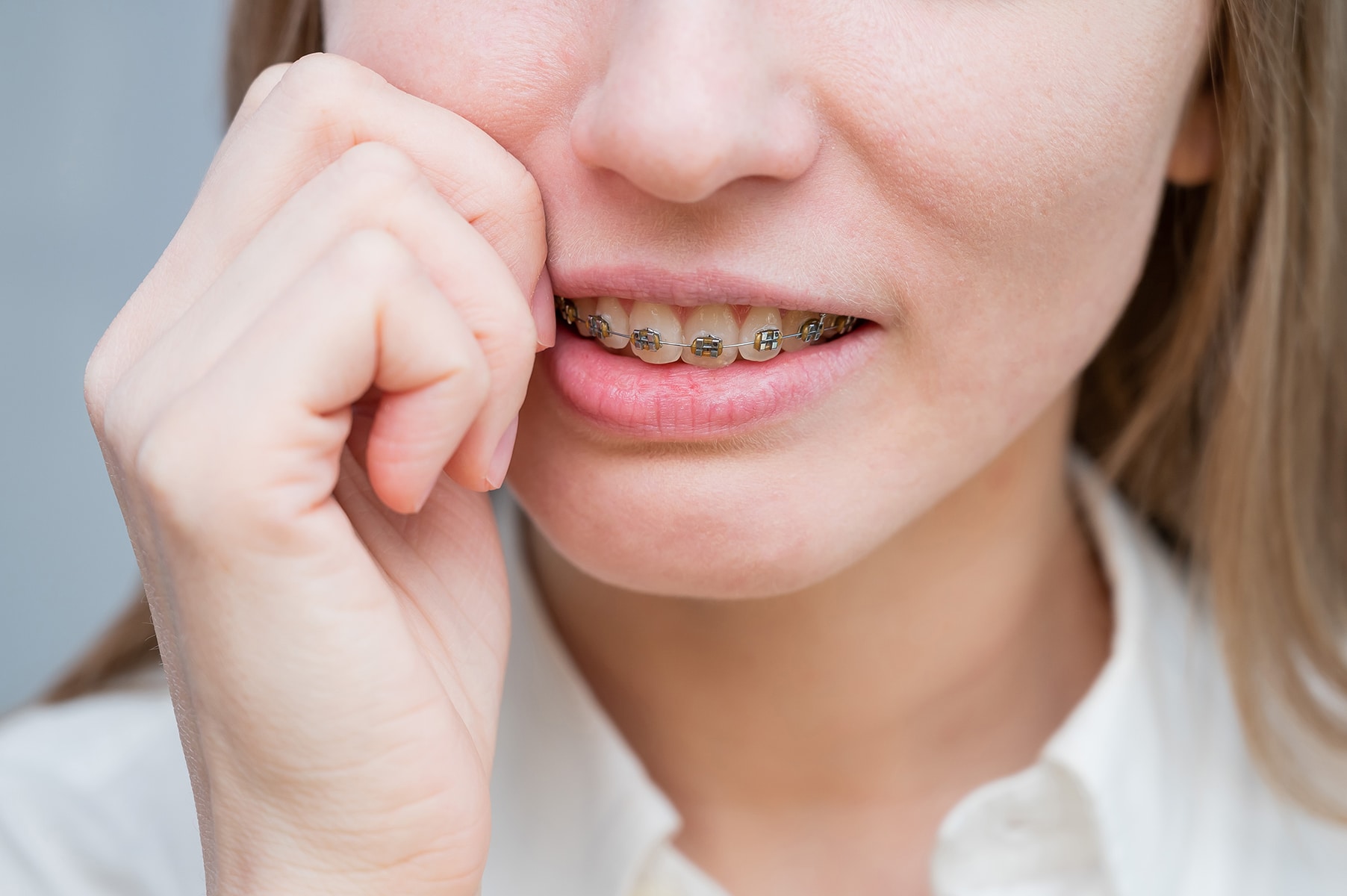Orthodontic Emergencies: What to Do and How to Handle Them

What is an Orthodontic Emergency?
An orthodontic emergency encompasses any situation that requires immediate attention to address discomfort, prevent damage to orthodontic appliances, or mitigate potential complications. Any issue that significantly affects the function of orthodontic appliances causes pain, or threatens the progress of treatment qualifies as an emergency.
Common Orthodontic Emergencies
- Broken or Loose Braces Brackets: A broken or loose bracket can cause irritation to the gums and cheeks, and it may also compromise the alignment of your teeth.
- Protruding Wires: Protruding wires can cause pain, poking, or scraping sensations, making it uncomfortable to eat, speak, or perform daily activities.
- Discomfort or Pain from Braces: It’s common to experience some discomfort or soreness when braces are first placed or adjusted. However, persistent or severe pain that interferes with your daily activities could indicate an orthodontic emergency.
- Lost or Broken Retainers: Retainers are essential for maintaining the results of orthodontic treatment by preventing teeth from shifting back into their original positions. If your retainer is lost or broken, it’s essential to address the issue to prevent regression of your treatment progress.
What to Do if You Experience an Orthodontic Emergency
Immediate Steps to Take at Home
- Assess the Situation: Carefully examine your orthodontic appliances to determine the nature and extent of the emergency.
- Rinse with Warm Water: If there is any bleeding or irritation, rinse your mouth with warm water to clean the affected area and soothe discomfort.
- Apply Orthodontic Wax: If a wire is poking or causing irritation, carefully apply orthodontic wax over the protruding end to provide temporary relief and prevent further injury to the soft tissues of your mouth.
Providing Temporary Relief for Discomfort
- Over-the-Counter Pain Relief: If you’re experiencing pain or discomfort, you can take over-the-counter pain relievers such as ibuprofen or acetaminophen as directed to help manage symptoms until you can see your orthodontist.
- Cold Compress: Applying a cold compress to the outside of your mouth can help reduce swelling and alleviate pain associated with orthodontic emergencies.
Handling Broken or Loose Components
- Do Not Attempt to Fix It Yourself: While it may be tempting to try to reattach or adjust broken or loose components of your braces or retainers, it’s essential to leave any repairs to your orthodontic provider to avoid causing further damage.
- Gently Move Protruding Wires: If a wire is protruding and causing discomfort, you can try gently pushing it back into place using a cotton swab. However, do so with caution to avoid causing injury to your mouth.
Contacting Your Orthodontist or Seeking Emergency Care
- Call Your Orthodontist: Contact your orthodontic provider as soon as possible to inform them of the emergency and schedule an appointment for evaluation and treatment.
- Seek Emergency Care if Necessary: If you’re experiencing severe pain bleeding that won’t stop, or if you suspect a significant injury, seek emergency dental care or visit the nearest emergency room for immediate assistance.
How to Avoid Orthodontic Emergencies
Prevention is key when it comes to orthodontic emergencies. By maintaining proper oral hygiene and diligently caring for your braces, you can minimize the risk of encountering unexpected issues during your orthodontic treatment. Additionally, be mindful of the foods you consume, avoiding hard, sticky, or chewy items that can damage or dislodge braces, brackets, or wires. It’s also important to adhere to your orthodontist’s instructions for appliance care, including wearing any prescribed appliances as directed.
Don’t Wait to Schedule an Urgent Orthodontic Care Appointment
You can minimize the risk of orthodontic emergencies by practicing good oral hygiene and following your orthodontist’s instructions diligently. However, if you experience an orthodontic emergency, don’t hesitate to seek professional help. Contact Northeast Orthodontic Specialists to get immediate orthodontic care at one of our locations in Blue Ash and Loveland, OH. Our team is here to support you every step of the way and provide the care and guidance you need to navigate any emergency that arises.
